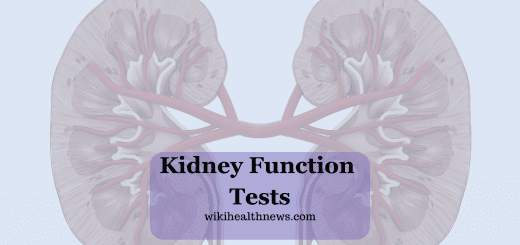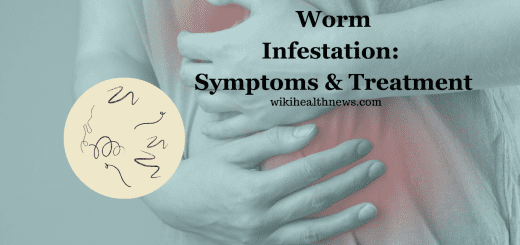Dementia – Early Signs, Symptoms And Testing

Dementia
What is loss of memory (dementia)?
Dementia (memory loss) is a broad category of brain diseases that cause a long-term and often gradual decrease in the ability to think. People affected with dementia fail to remember facts that is great enough to affect a person’s daily functioning. Dementia describes a group of symptoms affecting memory, thinking and social abilities severely enough to interfere with daily routine.
What is the most common cause of dementia in older adults?
Alzheimer’s disease is the most common cause of a progressive dementia in older adults.
Alzheimer’s disease accounts for 50% to 70% of cases of dementia.
What are the most common symptoms of Alzheimer’s Disease?
The most common symptoms of Alzheimer’s disease are short-term memory loss and word-finding difficulties.
The most common symptoms of Alzheimer’s disease are short-term memory loss and word-finding difficulties.
What are the symptoms of dementia?
Cognitive changes
- Memory loss, which is usually noticed by a spouse or someone else.
- Difficulty communicating or finding words.
- Reasoning or problem-solving difficulty.
- Problems in handling complex tasks.
- planning and organizing becomes difficult.
- Difficulty with coordination and motor functions.
- Confusion and disorientation.
Psychological changes
- Personality changes.
- Inappropriate behavior.
- Paranoia.
- Agitation.
- Hallucinations.
- Depression
- Anxiety
- Abnormal motor behavior
- Elated mood
- Irritability
- Apathy
- Disinhibition and impulsivity
- Delusions (often believing people are stealing from them)
- Changes in sleep or appetite.
What are the pathological changes in brain in Alzheimer’s Disease?
Plaques and tangles are often found in the brains of people with Alzheimer’s. Plaques are clumps of a protein called beta-amyloid, and tangles are fibrous tangles made up of tau protein.
Most common test used to screen for dementia?
To screen for dementia the mini mental state examination (MMSE) is the best studied and most commonly used test.The Mini–Mental State Examination (MMSE) or Folstein test is a 30-point questionnaire that is used extensively in clinical and research settings to measure cognitive impairment.
What are the investigations done for dementia?
A CT scan or magnetic resonance imaging (MRI scan) is commonly performed investigations.
These tests do not pick up diffuse metabolic changes associated with dementia in a person that shows no gross neurological problems (such as paralysis or weakness) on neurological exam.
CT or MRI may suggest normal pressure hydrocephalus, a potentially reversible cause of dementia, and can yield information relevant to other types of dementia, such as infarction (stroke) that would point at a vascular type of dementia.
The ability of SPECT to differentiate the vascular cause (i.e., multi-infarct dementia) from Alzheimer’s disease dementias, appears superior to differentiation by clinical exam.
How to prevent the dementia?
- Factors that can decrease the risk of dementia –
- Early education,
- Treating high blood pressure,
- Preventing obesity,
- Preventing hearing loss,
- Treating depression,
- Being active,
- Preventing diabetes,
- Not smoking,
- Preventing social isolation.
What are the common reversible causes of dementia?
Easily reversible dementia:
- Hypothyroidism,
- Vitamin B12 deficiency,
- Lyme disease,
- Neurosyphillis.
All people with memory difficulty should be checked for hypothyroidism and B12 deficiency.
Also Read –











